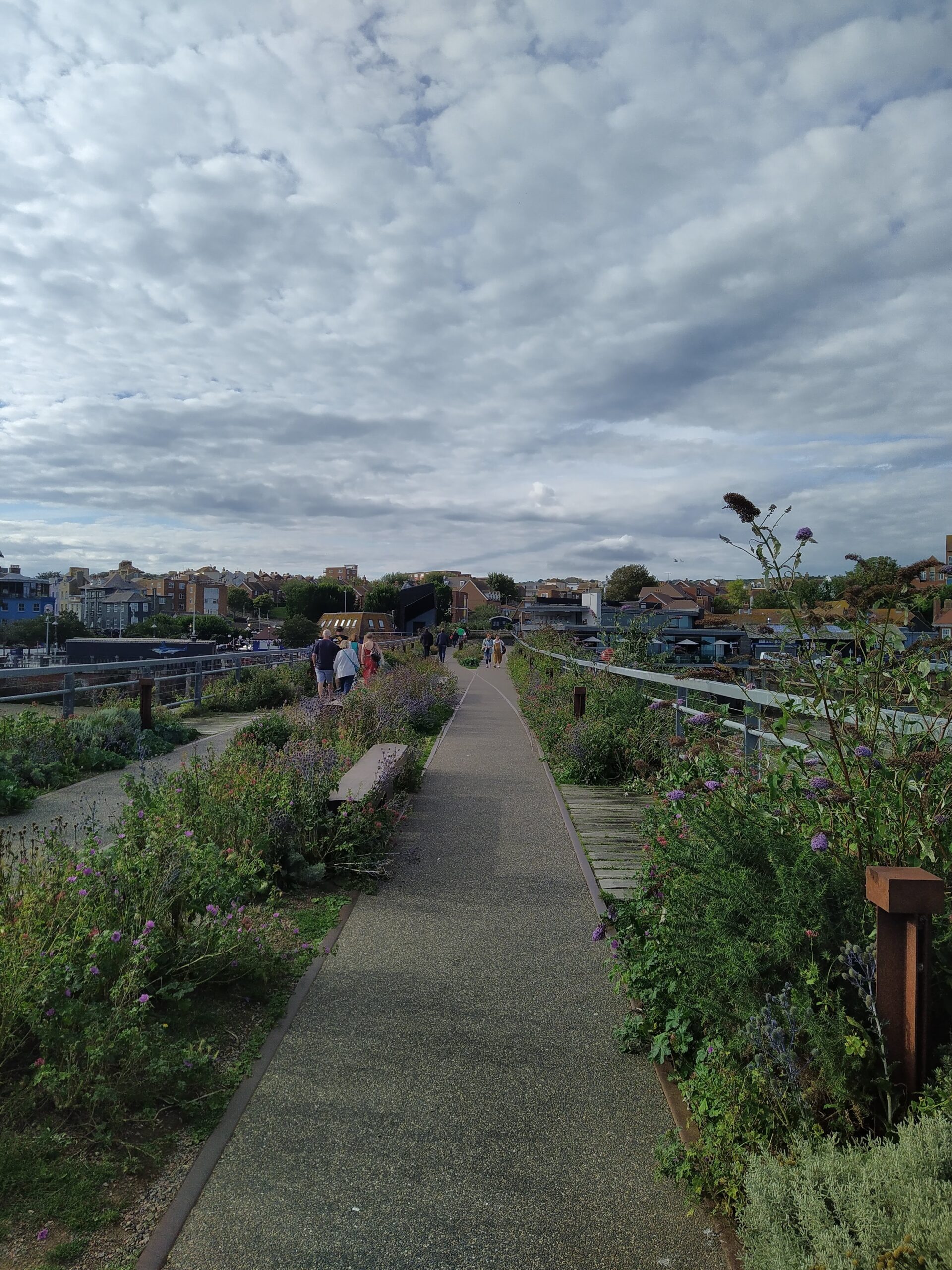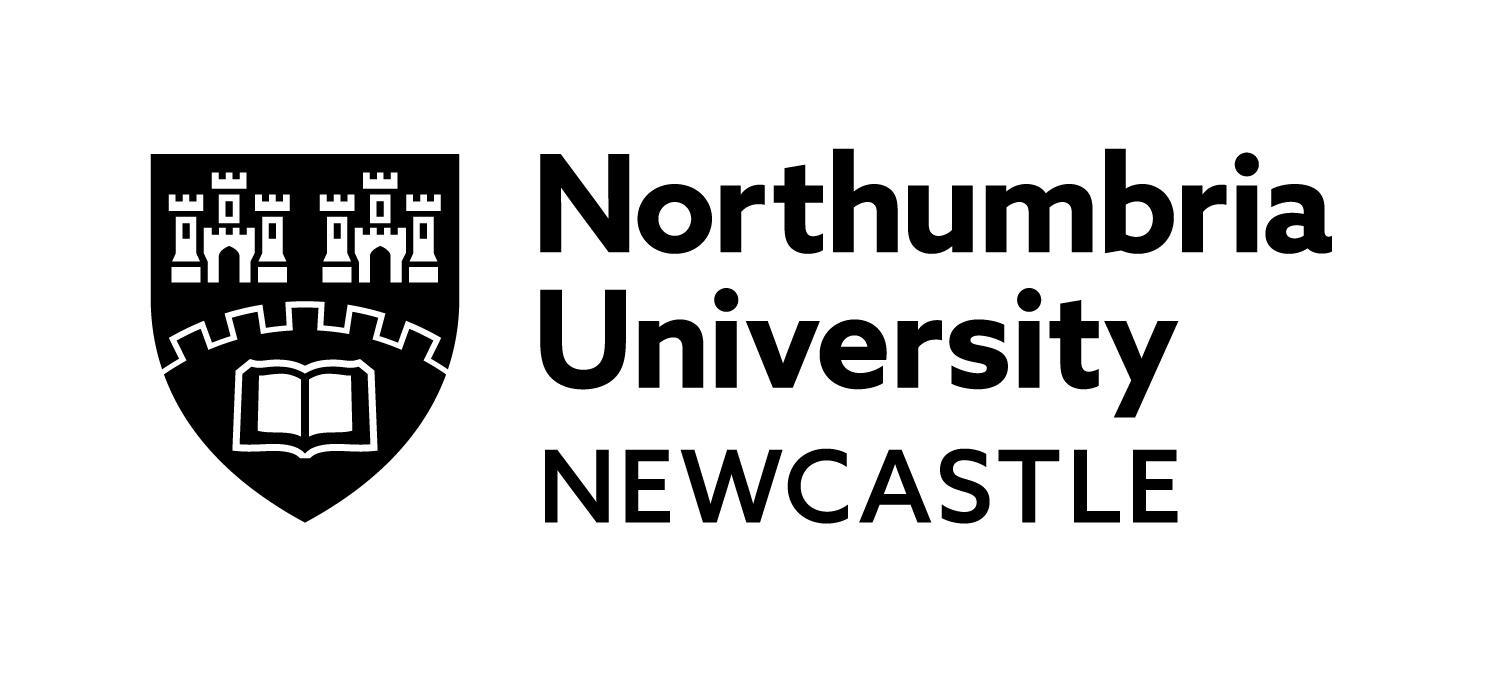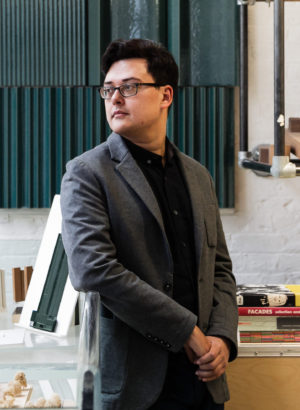Environmental Planning
Environmental Planning
The Environmental Planning Pathway is offered at Newcastle, Northumbria and Queen’s University Belfast.
The Environmental Planning (‘Envplan’) Training Pathway offers world-leading PhD opportunities in environmental planning research, very broadly conceived. The pathway emphasises the need to study and evaluate processes of urban change with high-level and cutting-edge PhD research which draws on critically informed and methodologically innovative approaches from environmental, social and policy sciences.
At Newcastle University, the Environmental Planning pathway is divided between three research centres. The first, the Global Urban Research Unit (GURU), is based in in the University’s School of Architecture, Planning and Landscape (APL). GURU is one of Europe’s largest urban research centres and is internationally recognised for its theoretical contributions to planning, governance, and urban studies, and for its engagement in societal challenges, public policy, community development and professional practices. It particularly encourages PhD applications that connect with its long-standing research strengths in urban governance and regeneration, environmental politics and resilience, urban infrastructure, digital urbanism, urban design, and planning theory and practice. Also based in APL, the Landscape Research Collaboratory deploys a range of research and engagement methods including creative practice, collaborative transdisciplinary and nature-based approaches with an aim to further foundational knowledge and applied thinking for practice communities in a broadly-defined landscape tradition. APL has a large and diverse PhD researcher community with over 70 PhD researchers from 22 nations (as of Nov. 2024). The third Newcastle Envplan Centre, the Centre for Rural Economy (CRE), is a research centre specialising in interdisciplinary social science and applied policy research oriented towards the achievement of sustainable development in rural areas, and sustainable agri-food production and consumption more generally. Drawing on a team of over 30 social scientists from diverse academic backgrounds (e.g. economists, geographers, sociologists, food marketers, political scientists and psychologists), it is one of the most significant groupings of rural and environmental social scientists in the UK. The Centre particularly encourages PhD applications which connect with its established strengths in the social science of food, rural development, rural sociology and environmental policy planning.
The second venue for the Envplan pathway, is at Queen’s University, Belfast, based in the Planning group which is located in University’s School of Natural and Built Environment. The School has world-leading strengths, and a diverse and lively PhD community. The school consists of two research groups, ‘Environmental and Spatial Governance’ and ‘Futures, Presents, Pasts.’ The Environmental and Spatial Governance group critically engages with spatial and regulatory practices that underpin and challenge effective and fair governance, particularly those associated with sustainable and just transitions. This includes issues such as public participation, environmental justice, housing, marine governance, energy transition and the social economy. The core focus of this group is its critical social science approach, particularly around issues of power, knowledge, spatial outcomes and resource distribution. The Futures, Presents, Pasts Group research focuses on buildings, spaces, landscapes and systems that support potential lifestyles for the 21st century, situations enabling prosperous futures that address the shared environmental challenges. Research within this group includes design innovation, engagement with professional practice, and architectural & planning history. Envplan applications are particularly encouraged on themes related to these two broad research groups. Research in these themes draws on our close links across the University and with our international partners, with supervisors joining from a range of disciplines including, planning, architecture, geography, law, politics, sociology, public health and the Global Research Institute in Conflict, Security and Territory.
The final venue in the Envplan pathway, at Northumbria University, is situated within the Department of Architecture and Built Environment. The department provides expert supervision by internationally recognized researchers in the field, offering a dynamic research environment for innovative, interdisciplinary PhD proposals. The Department is host to a wide range of research groups including the Sustainable Construction Futures Group, whose work addresses wider issues in the construction industry through the development of socio-technical, innovative solutions. The People and Place Research Group, also based in the Department, positions itself at the cross-boundary between architecture, urban design, planning and the social sciences. People & Place engages with the social, economic, physical and cultural fabric of place to investigate a range of cross-cutting themes including sustainability and the natural environment. The department is also home to the DigiBE – Digital Built Environment Group, the Adaptation, Value, and the Built Environment Group (AVBE), the Design Research Group, and the Building Information Management Group, who apply their various specialist expertise to investigate innovative approaches to addressing environmental challenges in urban and rural settings. Applications are particularly encouraged in areas of departmental expertise aligned with these groups, including: sustainable materials for construction, sustainability change initiatives modelling and scenario development; sustainable urban development; climate change adaptation and mitigation; green infrastructure; sustainable/active transport; energy-efficient building design; and smart cities and digital planning.



The second Newcastle Envplan Centre, the Centre for Rural Economy (CRE), is a research centre specialising in interdisciplinary social science and applied policy research oriented towards the achievement of sustainable development in rural areas. Drawing on a team of over 30 social scientists from diverse academic backgrounds (e.g. economists, geographers, sociologists, food marketers, political scientists and psychologists), it is one of the most significant groupings of rural social scientists in the UK. The Centre particularly encourages Envplan PhD applications which connect with its established strengths in the social science of food, rural development, rural sociology and environmental policy planning.
The third centre for the Envplan pathway, at Queen’s University, Belfast, is based in the Planning group which is located in University’s School of Natural and Built Environment. The School has world-leading strengths, and a diverse and lively PhD community, focusing on the themes of ‘Place, Well-being and Healthy Environments’ and ‘Cities, Communities and Contested Urbanism.’’ Envplan applications are particularly encouraged on themes related to these two broad research strengths. Research in these themes draws on our close links across the University and with our international partners, with supervisors joining from a range of disciplines including, planning, architecture, geography, law, politics, sociology, public health and the Global Research Institute in Conflict, Security and Territory.
Envplan PhD researchers in GURU, CRE and Queens without a Research Masters will each take the full Research Masters course in each Centre. Each of these offers a full ESRC-accredited suite of research training modules, plus opportunities to chose from a very wide range of specialist postgraduate modules that connect to and support the proposed theme of the PhD.


















